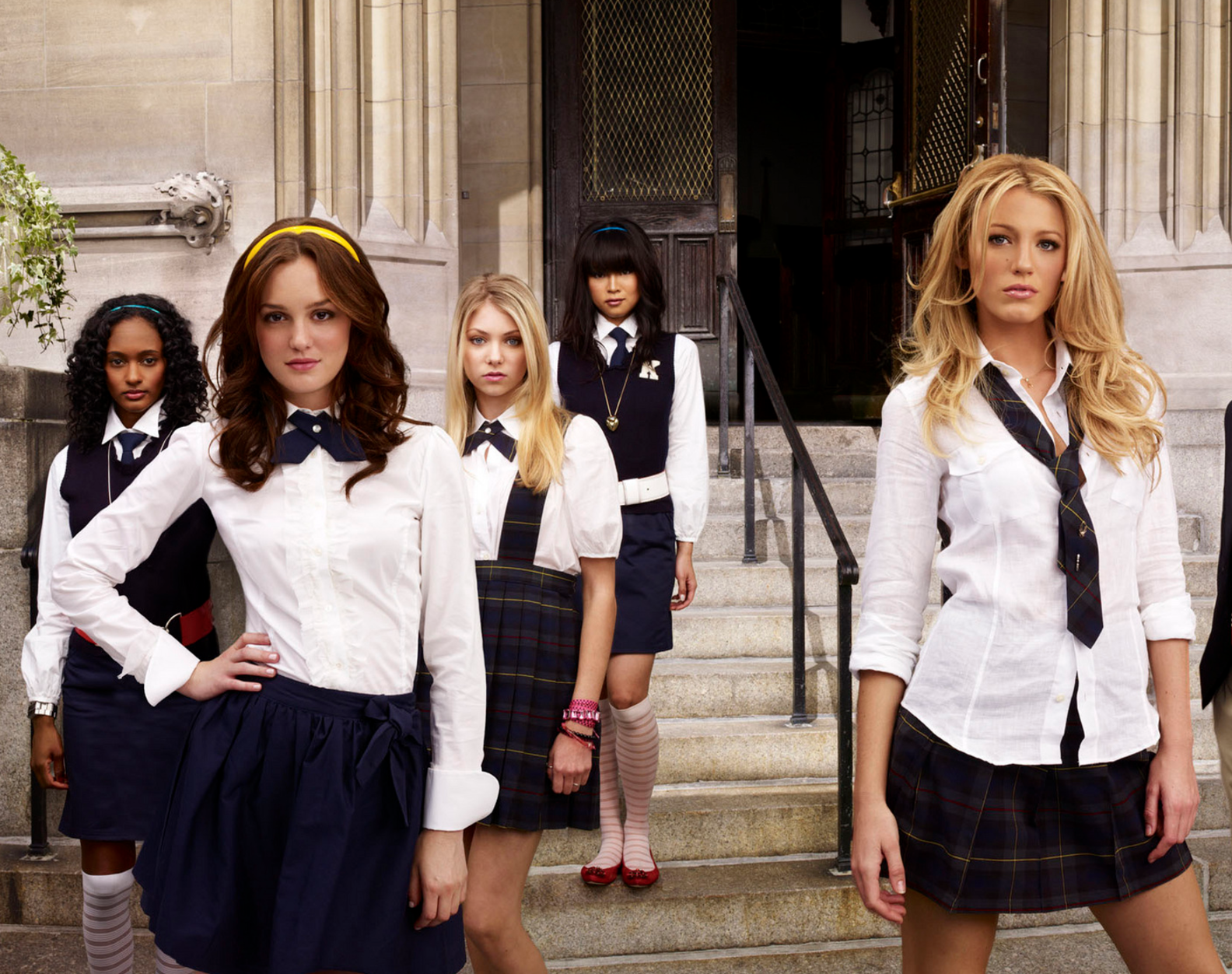Pop culture, a broad term encompassing trends in music, fashion, movies, social media, and more, has a profound impact on our daily lives. But how does it impact student stress during midterms?
The Pressure from Perfectionism
Movies and TV shows often depict students effortlessly juggling academics, extracurricular activities, and an active social life, all while maintaining flawless appearances.
This unrealistic representation can create a sense of inadequacy among students, amplifying their stress levels during exam season.
Shows like “Riverdale” or “Gossip Girl,” where characters ace exams with minimal study, perpetuate harmful stereotypes about the ease of academic success. In reality, every student has a unique learning pace, and academic excellence requires consistent effort and dedication.
The Social Media Spiral
Social media platforms, a cornerstone of modern pop culture, also play a significant role in escalating midterm stress. Students often use these platforms as a form of escapism, scrolling through endless feeds to distract themselves from looming deadlines and exams.
However, the constant exposure to peers’ ‘highlight reels’ can lead to feelings of inferiority and increased stress. Seeing posts about classmates pulling all-nighters or acing their study goals can invoke a fear of missing out (FOMO) and ramp up the pressure to perform.
Music and Mood Modulation
On a positive note, pop culture can also alleviate midterm stress. Music, for instance, is a powerful mood modulator. Upbeat pop songs or calming classical music can help students relax during study breaks, boosting their mood and reducing anxiety levels.
In fact, research has shown that listening to music can improve cognitive performance – a welcome benefit during midterms!
The Role of Influencers
In recent years, the rise of study influencers or ‘study tubers’ has added a new dimension to the pop culture-academia intersection. These influencers share study tips, motivational talks, and ‘day in the life’ videos, providing students with a sense of community and relatability. While this can be inspiring, it’s important to remember that these influencers present a curated version of their lives, and comparing oneself to them can inadvertently add to the stress.
Most importantly, we need to remember we’re not alone in our struggles and that the ‘perfect’ standards often portrayed in pop culture are not always reflective of reality.
After all, everyone’s academic journey is uniquely their own.
